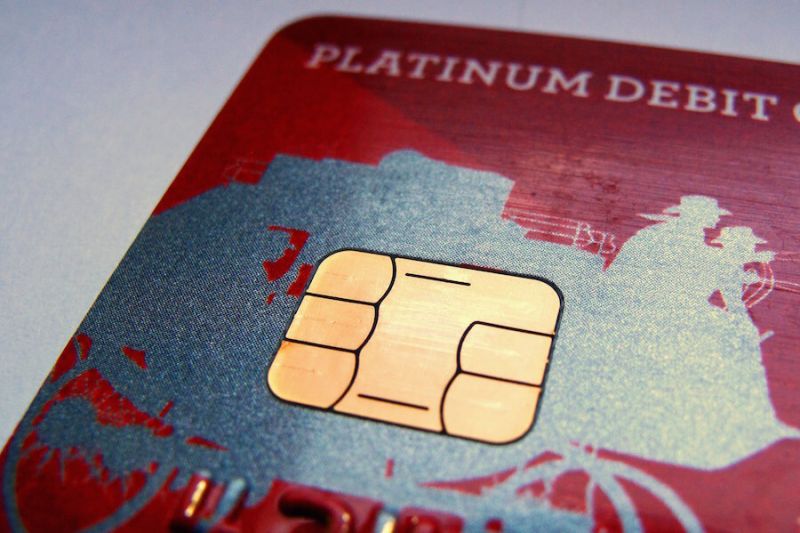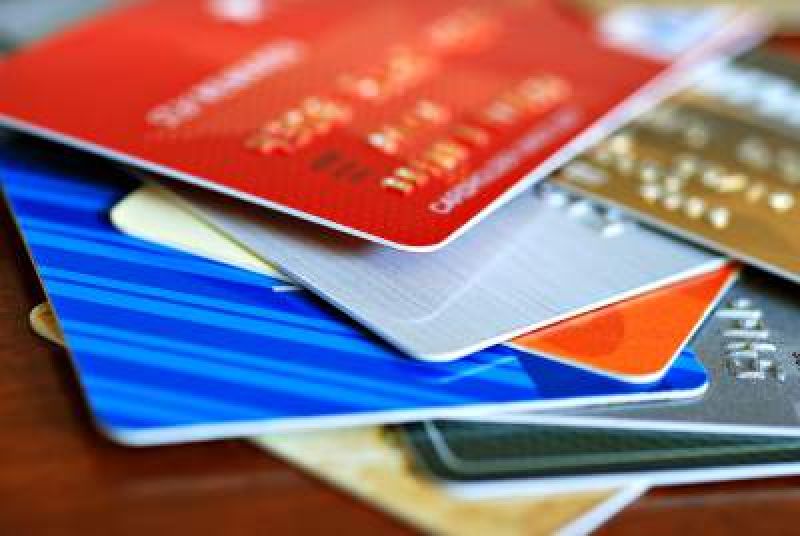Credit cards offer convenience and flexibility in managing finances but have potential drawbacks. Let's explore the pros and cons of credit cards:

Credit cards are often seen as a symbol of financial independence, especially among young individuals. Consumers who want to borrow money today have numerous options, whether for a specific purchase, to supplement income between pay periods, or to start a small business.
Credit cards are payment cards issued by financial institutions, such as banks or credit card companies, that allow users to purchase on credit. They provide a line of credit, allowing cardholders to borrow up to a predetermined limit to make purchases, pay bills, or withdraw cash.
Credit cards are widely accepted by merchants globally and offer a convenient and widely used payment method.
When a credit card is used, the cardholder borrows money from the issuing institution. The cardholder must repay the borrowed amount to the credit card issuer within a specified period, usually every month.
No interest is charged if the cardholder pays the total owed by the due date. However, if the cardholder carries a balance, interest is applied to the outstanding amount, typically at a predetermined interest rate known as the annual percentage rate (APR).
Read Also:How To Set Financial Goals And Achieve Them
Credit cards have a unique card number, expiration date, and a security code (CVV) on the back. To make a purchase, the cardholder provides this information, either physically or online, along with their signature or a personal identification number (PIN) for verification.
Credit cards offer various features and benefits, such as rewards programs, cashback incentives, travel perks, and purchase protections. However, using credit cards responsibly is crucial to avoid accruing excessive debt and managing payments effectively.
Credit cards offer various features and benefits, such as rewards programs, cashback incentives, travel perks, and purchase protections. However, using credit cards responsibly is crucial to avoid accruing excessive debt and managing payments effectively.
It's important to note that credit cards differ from debit cards, as debit cards are directly linked to the cardholder's bank account, and the funds are immediately deducted when a transaction is made.
Credit cards offer convenience and flexibility in managing finances but have potential drawbacks. Let's explore the pros and cons of credit cards:
Pros of Credit Cards

Convenience
Credit cards provide a convenient payment method, allowing users to purchase in-store and online. They eliminate the need to carry cash and offer quick and easy transactions.
Purchase Protection
Many credit cards offer purchase protection benefits, such as extended warranties, price protection, and fraud liability coverage. These features can provide added security and financial peace of mind when purchasing.
Rewards and Benefits
Credit cards often come with rewards programs, allowing users to earn cash back, points, airline miles, or other incentives for their spending. Additionally, some credit cards offer perks like travel insurance, airport lounge access, or discounts at partnering merchants.
Building Credit History
Responsible credit card use can help individuals establish and build a positive credit history. Timely payments and responsible credit utilization demonstrate financial reliability, which can be beneficial when applying for loans, mortgages, or future credit cards.
Emergency Fund
Credit cards can serve as an emergency fund when unexpected expenses arise. They provide a financial buffer that allows individuals to cover urgent needs and manage unexpected costs without depleting their savings immediately.
Building Credit Score
Proper and responsible use of credit cards can help individuals build and improve their credit scores. Regular and timely payments, low credit utilization, and lengthy credit history can positively impact creditworthiness, making it easier to qualify for loans, mortgages, and better interest rates in the future.
Purchase Protection and Disputes
Credit card issuers often protect against fraudulent transactions. Suppose there are unauthorized charges or issues with a purchase. In that case, cardholders can discuss the trade, work with the credit card company to resolve the matter, and potentially receive a refund.
Travel Benefits
Many credit cards offer travel-related benefits, such as travel insurance, rental car insurance, and access to travel rewards programs. These perks help save money, provide peace of mind during trips, and offer additional value to frequent travelers.
Read Also:The Benefits Of Tracking Your Expenses
Cons of Credit Cards

We all know that whatever has good benefits can also have disadvantages and credit cards are not exempted from this. Let us take a look at some cons of credit cards:
High-Interest Rates: One of the significant downsides of credit cards is the potential for high-interest rates, especially for those who carry balances. Suppose the balance is paid in part of each month. In that case, the accumulated interest charges can become a burden, leading to long-term debt.
Overspending and debt
Credit cards can tempt users to overspend beyond their means. It's easy to accumulate debt by relying on credit cards for purchases without considering the ability to repay the borrowed funds promptly. This can lead to financial stress and difficulty in managing debt.
Fees and penalties
Credit cards often come with various prices, including annual fees, late payment fees, cash advance fees, and balance transfer fees. Failure to make payments on time or exceed the credit limit may result in penalties, further adding to credit card costs.
Potential for Impulse Buying
The ease of making purchases with credit cards can encourage impulsive buying behavior. This can lead to accumulating unnecessary debt and needing help maintaining a balanced budget.
Identity Theft and Fraud Risk
Credit card information can be vulnerable to identity theft and fraudulent activities. If unauthorized charges are made, resolving the issues may take time and effort, potentially causing stress and inconvenience.
The temptation to Overspend
Credit cards can tempt individuals to spend beyond their means due to credit availability. Exercising discipline and avoiding impulsive purchases is crucial to prevent accumulating excessive debt that becomes difficult to repay.
Annual Fees
Some credit cards may have annual fees associated with them. While only some credit cards have annual fees, those can add to the overall cost of maintaining the card, especially if the cardholder still needs to utilize the associated benefits fully.
Impact on Credit Score
Mismanagement of credit cards, such as consistently carrying high balances, making late payments, or maxing out credit limits, can negatively impact credit scores. Using credit cards responsibly and maintaining good payment habits is essential to avoid damaging your creditworthiness.
Dependency on Credit
Relying heavily on credit cards for everyday expenses can create a dependency on debt, making it challenging to establish healthy financial habits and build savings. Over-reliance on credit cards can hinder financial stability and delay progress toward financial goals.
Hidden Costs and Fees
Credit cards can have hidden costs and fees, such as foreign transaction fees, balance transfer fees, or cash advance fees. It's essential to carefully review the terms and conditions of credit cards to understand the associated costs and avoid unexpected expenses.


